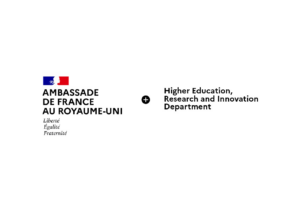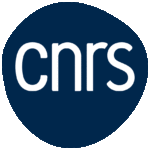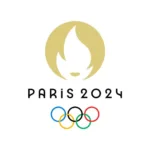About our guests
Professor Amandine Aftalion
An alumna of the prestigious Ecole normale supérieure, Professor Amandine Aftalion is a mathematician and a senior scientist at the French National Centre for Scientific Research (CNRS). She has given talks all over the world, as a specialist of models coming from low temperature physics. She has written a book on vortices in Bose–Einstein condensates. More recently, she has used energy minimisation to study an optimal control problem coming from human energy: optimising running. She has written papers on sports aimed at coaches. Part of her latest results have inspired the first chapter of this book.
She is the producer and director of VideoDiMath, a French YouTube channel for the popularisation of mathematics, elected as one of the 5 best French YouTube channels for popular mathematics.
Dr Minh-Hà Pham
Minh-Hà Pham has been Counsellor for Science and Technology at the French Embassy in the UK since September 2020. As a scientist, she headed the INRAe laboratory of comparative invertebrate neurobiology. For more than 20 years, her research focused on honeybee behaviour, chemical ecology of plant-bee interactions and risk assessment of transgenic plants and pesticides on beneficial insects. In this capacity she led an EU FP5 project, published more than 100 papers in peer-reviewed journals and supervised the research of 15 PhD students. At the beginning of 2000, she moved into global management as Deputy Director of the CNRS European and International Relations Department, in charge of cooperation in the Asia-Pacific region. After being seconded by the CNRS to ParisTech, a network of Grandes Ecoles d’Ingénieurs, where she was delegate for international relations, she returned to the CNRS as director of the European and International Relations Department. In 2013, she was appointed Counsellor for Science and Technology at the French Embassy in Washington D.C., USA for 5 years. Returning to France in 2018, she was elected Vice-President for International Relations at the University of Paris Sciences et Lettres (PSL) and worked for its selection as a University of Excellence. During this period, she was part of a group of experts appointed by the Ministry of Higher Education, Research and Innovation to lead the consultation on the “Welcome to France” plan. She is a member of the Board of Directors of AFDESRI (Association of Female Directors of Higher Education, Research and Innovation in France). She holds a PhD and a Thèse d’Etat in Neuroscience from the Sorbonne University and an engineering degree from AgroParisTech.



